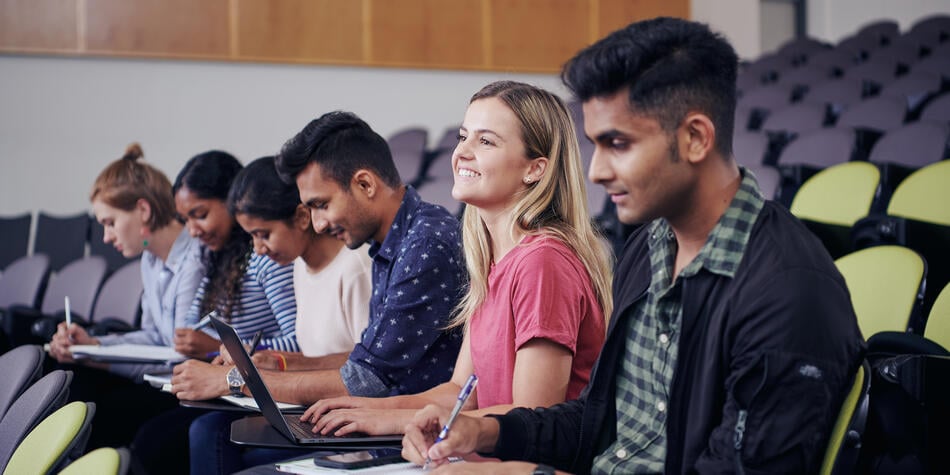
Feedback literacy for effective learning at university and beyond
Professor Phill Dawson is leading an international team that has been awarded ARC Discovery Project 2023 funding to examine how learners can be equipped to make the most of feedback. The project aims to develop ‘feedback literacy’ that helps learners deal with diverse feedback encounters in their future study and work lives, regardless of whether these encounters are positive or negative.



